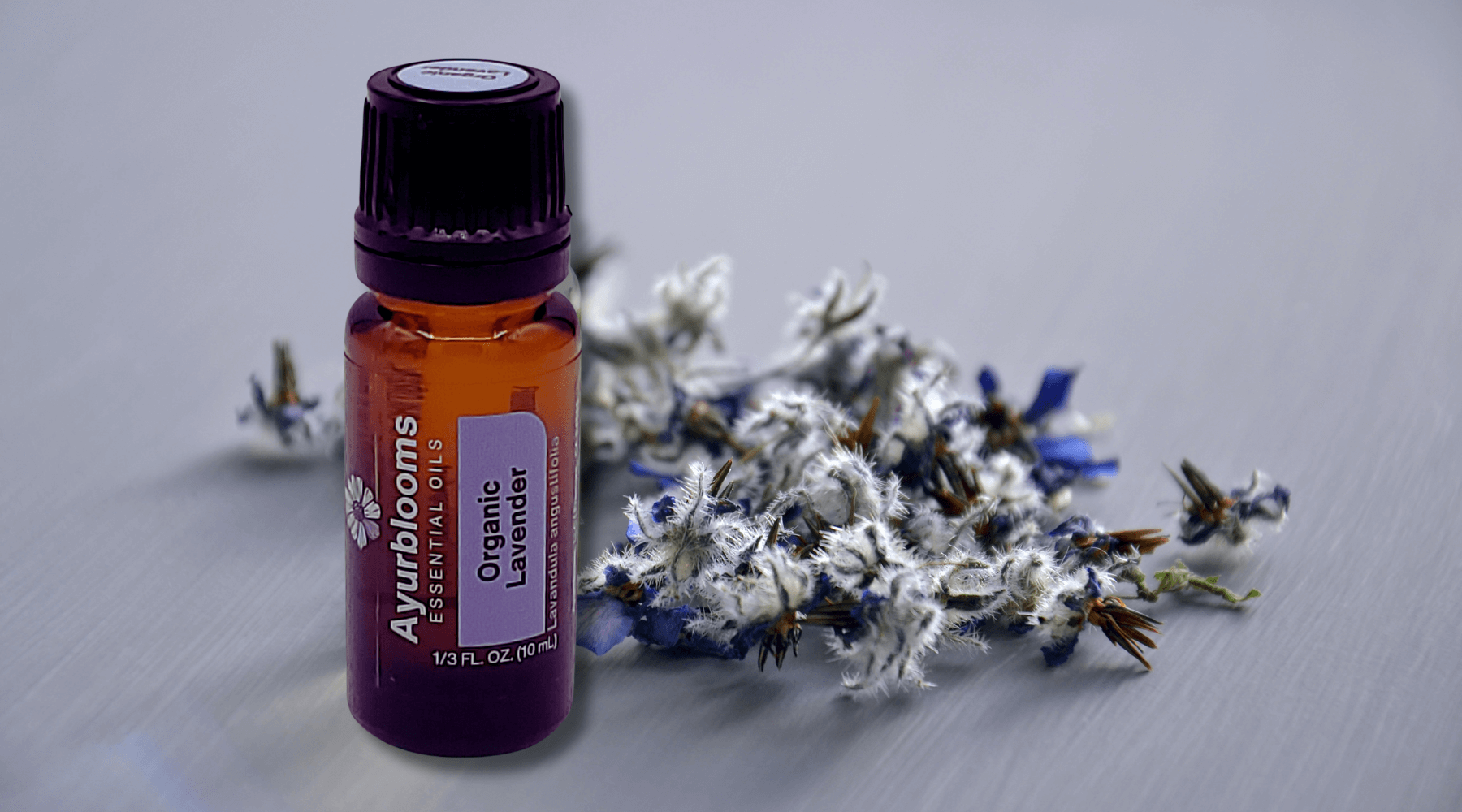
Unlocking Aromatherapy's Essence: Origins and Benefits Explored
In today's fast-paced world, finding moments of relaxation and tranquility is more critical than ever. One practice that has stood the test of time in promoting well-being is aromatherapy. In this blog post, we'll explore the essence of aromatherapy, from its origins to its profound benefits for mental and physical health.
Defining Aromatherapy:
Aromatherapy is an ancient healing practice that harnesses the therapeutic properties of aromatic compounds found in plants, known as essential oils. These essential oils are extracted from various parts of plants, such as flowers, leaves, bark, and roots, through methods like distillation or cold pressing. Aromatherapy involves using these oils to promote balance and harmony in the mind, body, and spirit.
Origins of Aromatherapy:
The roots of aromatherapy can be traced back thousands of years to ancient civilizations such as Egypt, China, and India. These cultures recognized the power of aromatic plants in healing and spiritual rituals. In ancient Egypt, for example, essential oils were used in embalming practices and religious ceremonies. In India, the practice of Ayurveda incorporates aromatic herbs and oils for their therapeutic properties.
The Science Behind Aromatherapy:
While aromatherapy has been practiced for centuries, modern science has shed light on its mechanisms of action. Essential oils contain bioactive compounds that can exert physiological effects when inhaled, applied topically, or ingested (in some cases, under the guidance of a qualified aromatherapist). When inhaled, aromatic molecules stimulate olfactory receptors in the nose, sending signals to the brain's limbic system, which involves emotions, memory, and behavior. This interaction can lead to changes in mood, relaxation, and stress reduction.
Benefits of Aromatherapy:
Aromatherapy offers a multitude of benefits for both mental and physical health. Some of the key benefits include:
Stress Relief:
- Aromatherapy has been shown to reduce stress and anxiety levels by promoting relaxation and inducing a sense of calmness.
- Certain essential oils, such as lavender, chamomile, and bergamot, have calming properties that help alleviate tension and soothe frazzled nerves.
- Inhaling the aroma of these oils can trigger the release of neurotransmitters like serotonin and dopamine, which are associated with feelings of relaxation and happiness.
Improved Sleep Quality:
- Aromatherapy can aid in improving sleep quality and relieving insomnia by promoting relaxation and creating a conducive environment for rest.
- Lavender essential oil, in particular, is renowned for its sleep-inducing properties, helping to calm the mind and prepare the body for sleep.
- Diffusing lavender oil in the bedroom before bedtime can help individuals fall asleep faster, stay asleep longer, and experience more restful sleep cycles.
Enhanced Mood and Emotional Well-being:
- Aromatherapy can positively influence mood and emotional well-being by stimulating the limbic system, the part of the brain responsible for emotions and memories.
- Certain essential oils, such as citrus oils like lemon and orange, have uplifting and stimulating properties that can elevate mood and promote happiness and positivity.
- Aromatherapy can also help alleviate symptoms of depression and mood disorders by balancing neurotransmitter levels and promoting emotional stability.
Pain Relief and Management:
- Aromatherapy has analgesic properties that can help alleviate various types of pain, including headaches, muscle aches, and joint pain.
- Essential oils like peppermint, eucalyptus, and rosemary have natural pain-relieving properties and can be applied topically or used in massage oils to reduce discomfort and inflammation.
- Inhaling the aroma of these oils can also trigger the release of endorphins, the body's natural painkillers, providing relief from chronic pain conditions.
Immune System Support:
- Some essential oils possess antimicrobial, antiviral, and immune-stimulating properties that can help strengthen the immune system and protect against infections.
- Oils like tea tree, eucalyptus, and thyme have powerful antimicrobial properties that can help purify the air and prevent the spread of airborne pathogens.
- Regular use of aromatherapy can help fortify the body's natural defenses and promote overall health and well-being.
Cognitive Enhancement:
- Aromatherapy has been shown to improve cognitive function and mental clarity by enhancing focus, concentration, and memory retention.
- Essential oils like rosemary, peppermint, and lemon have stimulating properties that can sharpen mental acuity and promote alertness and cognitive performance.
- Inhaling the aroma of these oils during study or work sessions can help boost productivity and mental efficiency.
Conclusion:
As we conclude, this ancient practice holds immense potential for promoting holistic wellness. By understanding its origins, embracing the science behind it, and experiencing its profound benefits firsthand, we can harness the healing power of nature to nourish our bodies, soothe our minds, and uplift our spirits. At Ayurblooms, we invite you to embark on a journey of self-discovery and well-being, guided by the wisdom of aromatherapy and the purity of our essential oil products.
Cautionary Note:
Before using essential oils, conducting a patch test to check for any allergic reactions or sensitivities is crucial. Pregnant or nursing individuals, children, and those with underlying health conditions should consult a healthcare professional before using essential oils. Essential oils are highly concentrated and should be used with caution. Keep out of reach of children and pets. If ingested, seek medical attention immediately. Avoid contact with eyes and mucous membranes.
This article is for informational purposes only and does not constitute medical advice.
Explore our premium selection of essential oils and unlock the secrets of natural wellness today.
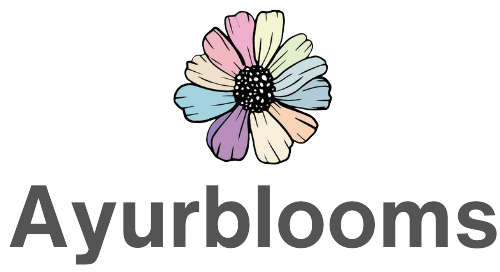

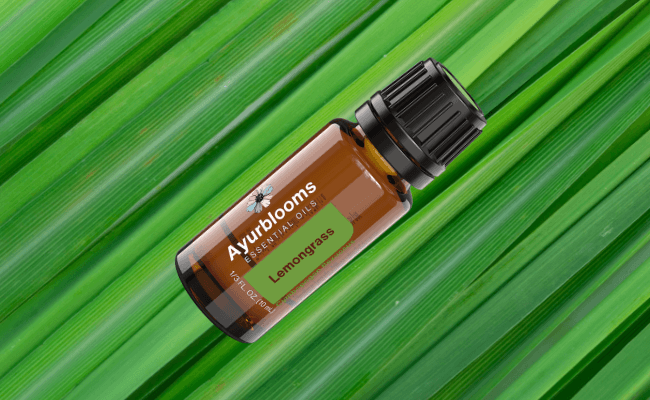
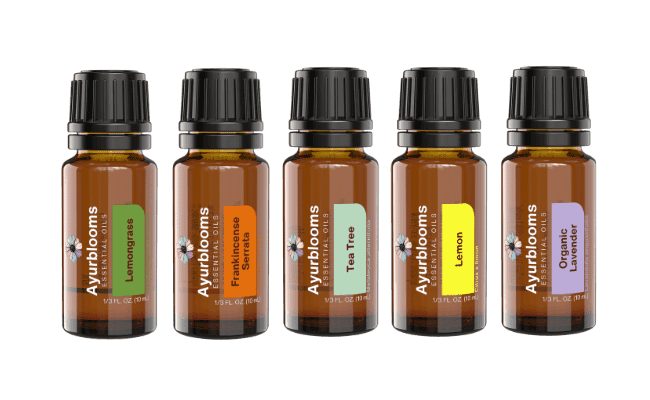
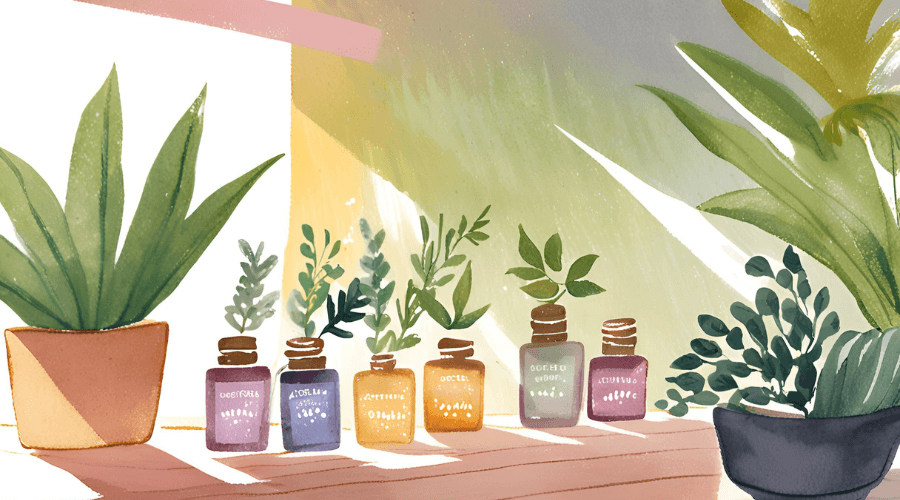
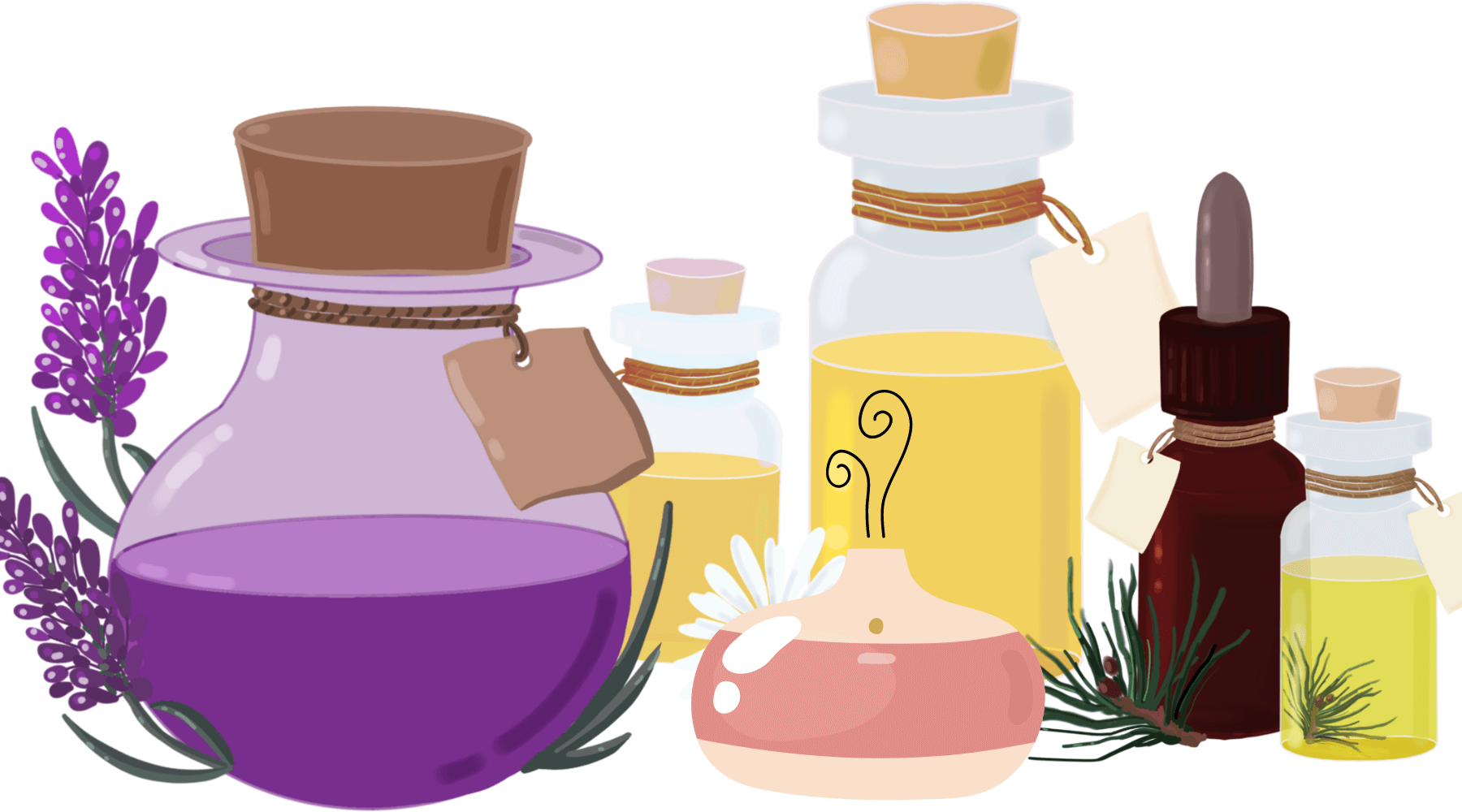
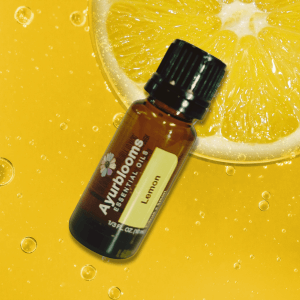
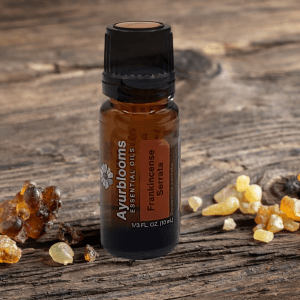
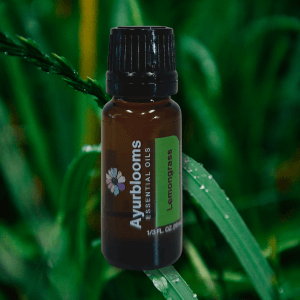
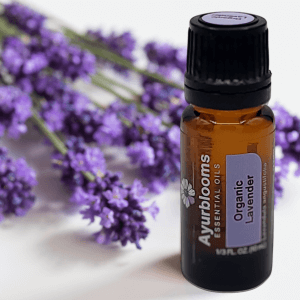
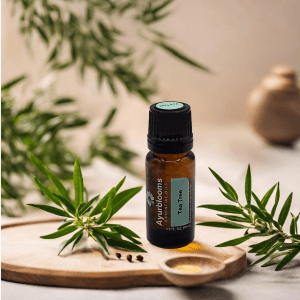
Leave a comment
This site is protected by hCaptcha and the hCaptcha Privacy Policy and Terms of Service apply.